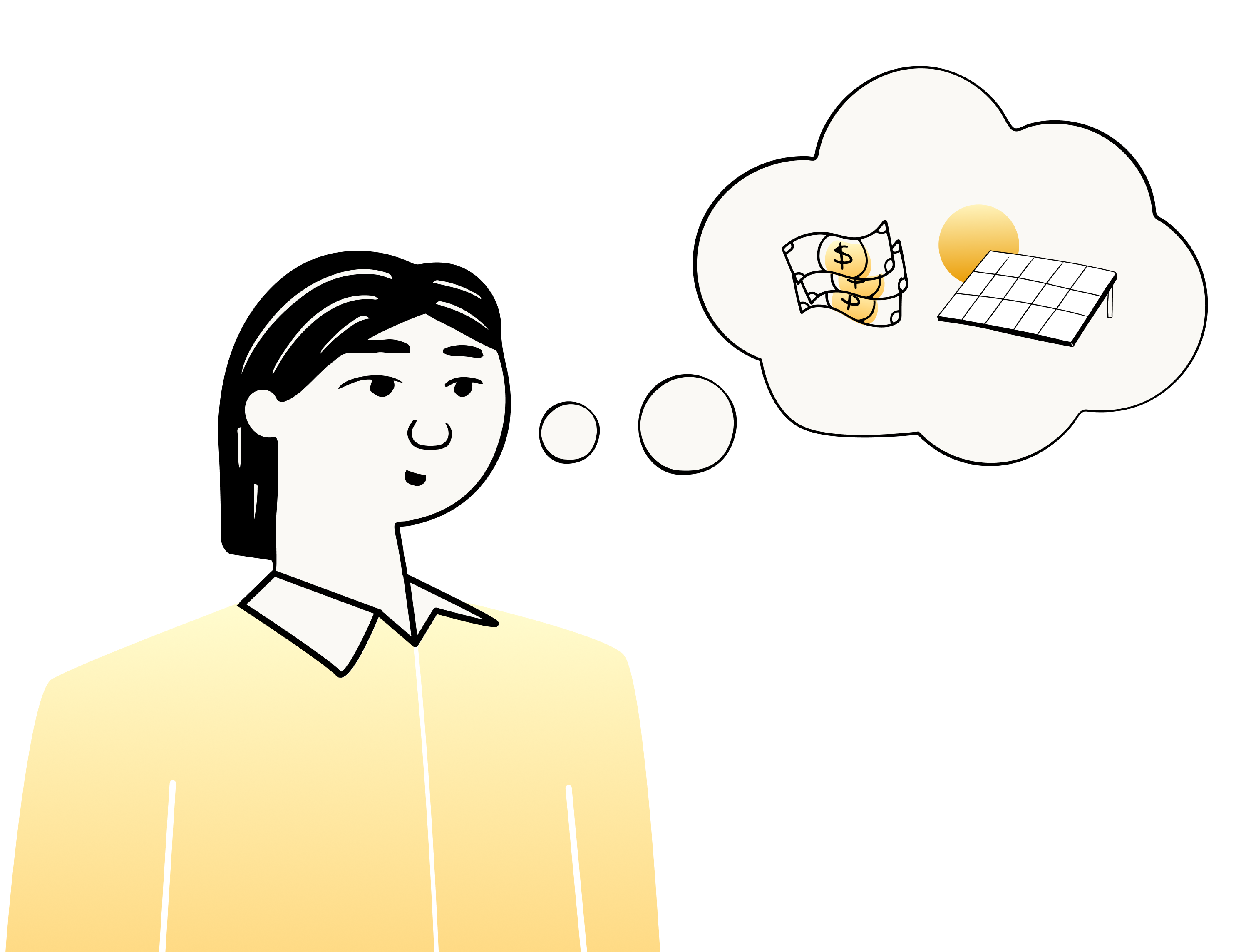Category: Uncategorized
Indigenous Owned Utilities in BC
A recent article in The Conversation discussed a proposal to change rules around Indigenous energy utilities.
Although this article makes several important points we think it confuses the current state of Indigenous Utility ownership. Currently Indigenous communities can run clean energy utilities. And several do. They can also create new utilities. The problem is those utilities are limited in what they do. For example, they can engage in generation but are limited in what they can do with transmission or distribution. In BCH rate Zone 1 they are limited in size (but not in Zone 2).
It also possible to set-up utilities that operate off-reserve but with limited scope.
As the article correctly points out Indigenous Communities should have the right to own and operate utilities that are not subject to the current restrictions.
But we should be encouraging Indigenous Communities to set up utilities (or take ownership in utilities like SolShare Energy) under the current rules as well as working to change the rules.
The Economics
It is also important to do the math. For many First Nations communities they would be better off economically operating or jointly owning a utility under the current rules rather than the expanded options in the proposed changes.
For example in Zone 2 communities it would be more profitable to operate a generation facility under the current rules than own distribution infrastructure which BCH currently subsidies. In Zone 1, First Nations could sell power at 50% more through a utility like SolShare Energy compared to a utility that sells through a re-opened SOP program.
Based on our calculations there are over $60 million in economic opportunities for First Nations under the current utility rules.
We are here to help
As a utility operating in BC we are currently planning 5 new renewable power plants. Our plan is to include indigenous ownership in all of these. Some are on-reserve and some off.
We would be happy to speak with Indigenous peoples about how they can take advantage of the current rules to increase indigenous ownership of renewable energy utilities in BC.






Recent Comments